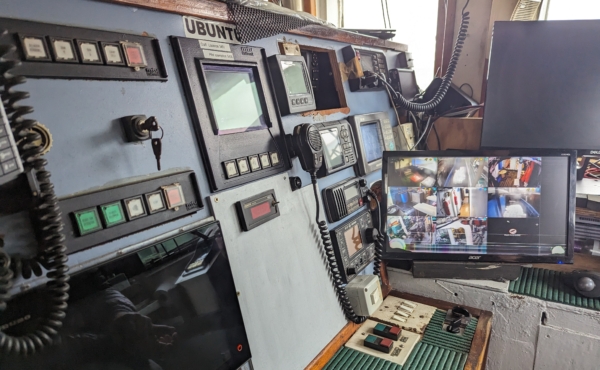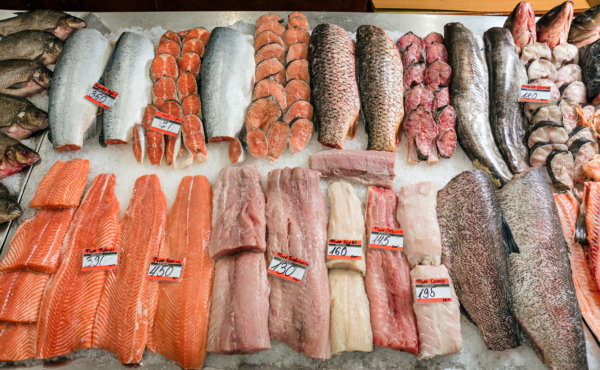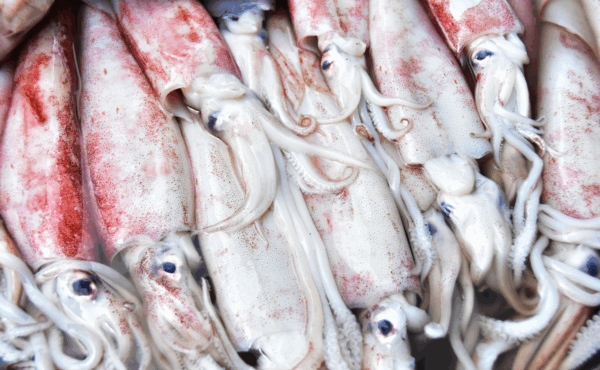Combating IUU Fishing
Responsible fishing must be legal, transparent, and compliant with government regulations.
SFP works to improve fisheries policy and governance in key countries and at the regional level, to achieve stronger environmental protections and enforcement, more sustainably managed stocks, and greater benefits for fishing communities. A top priority of our work is addressing the persistent challenges of illegal, unreported, and unregulated (IUU) fishing.
On-the-water impact
Technologies are widely available to help fishers demonstrate compliance with government regulations and seafood buyer requirements. Tools such as electronic monitoring (EM) generate valuable data and metrics on catch and bycatch, vessel behavior, and crew wellness. Vessel-level data providers such as Global Fishing Watch and the International Seafood Sustainability Foundation help determine which vessels are risky and which are acting responsibly. SFP is pushing for wider adoption and requirement of technologies like EM and is bringing stakeholders together to ensure maximum benefits of the data are realized by fishers, regulators, and seafood supply chains.
Transparency and traceability
Seafood buyers who are unsure where their seafood is coming from are at high risk. At a minimum, buyers need to know the source of their products and have assurances about the source fishery. The FAO-backed Universal Fishery IDs in the Global Record of Stocks and Fisheries provide a global standard for the entire seafood industry for identifying unique source fisheries. With better visibility of and traceability to source fisheries, seafood companies have a more accurate picture of risk and where issues like IUU fishing persist and need to be addressed.
Tackling illegal, unreported, and unregulated fishing
SFP aligns seafood supply chain players, from international buyers to domestic processors to fisher organizations, to press for policies that address IUU fishing, and educate governments on the merits of the proposed reforms. Where fisheries are unregulated or poorly managed, SFP also pushes for the seafood industry to implement voluntary measures to reduce overfishing and harmful practices.
SFP’s Global Squid Supply Chain Roundtable has done extensive work to address the risks of IUU fishing and human rights abuses in squid fisheries, both within their specific supply chains and globally. Our IUU Squid Fishing Resource Library collects a broad range of research and evidence on IUU fishing worldwide.
What is IUU fishing?
Illegal
Fishing activity that violates applicable local, national, regional, and/or international laws and regulations.
Unreported
Fishing activity that is not reported or is misreported to the relevant national or regional management authorities.
Unregulated
Fishing activity that occurs in areas or for fish stocks for which there are no applicable conservation or management measures, or by vessels fishing without nationality.

Electronic Monitoring
Electronic Monitoring
Electronic monitoring (EM) can help improve the transparency and traceability of seafood products, replacing traditional in-person fisheries monitoring systems that can be expensive and inefficient.

Universal Fishery IDs
Universal Fishery IDs
Universal Fishery IDs assign a unique code to every source fishery in the world, ensuring that the seafood industry, governments, and other stakeholders are all referring to the same source fishery.

IUU Squid Fishing Resource Library
IUU Squid Fishing Resource Library
SFP’s Global Squid Supply Chain Roundtable has assembled a library of evidence of and research about IUU fishing, including media coverage, research articles, reports, websites, and tracking platforms.
Help Stop IUU Fishing
Learn more about how you can contribute to improving fisheries policy and governance.
